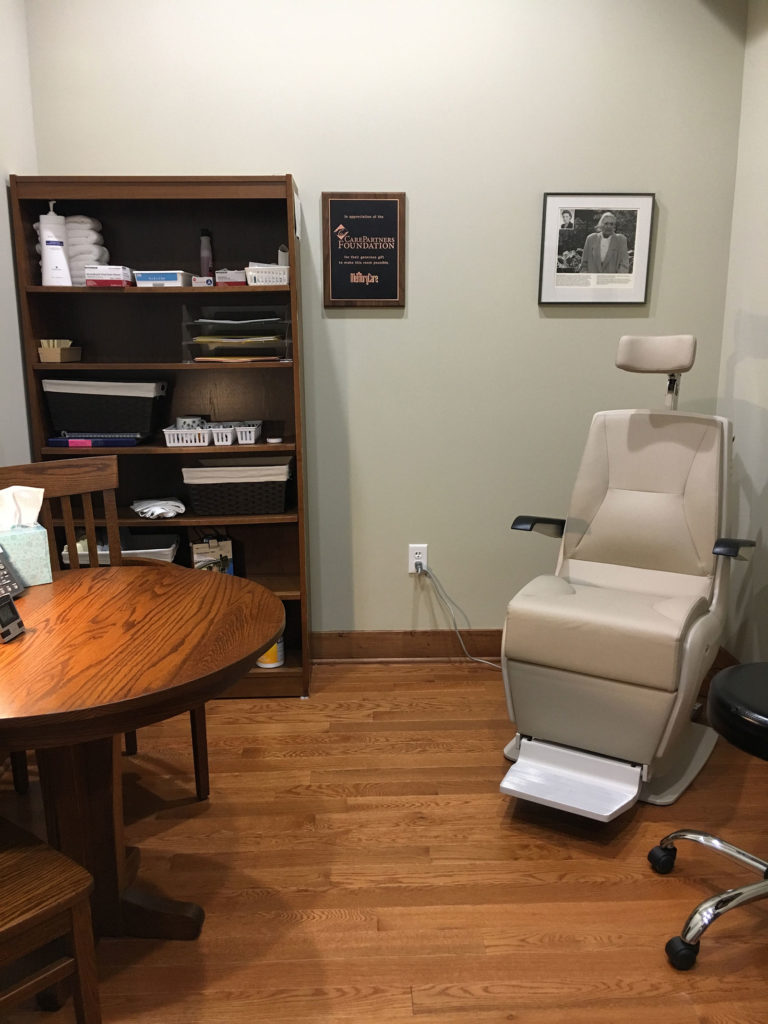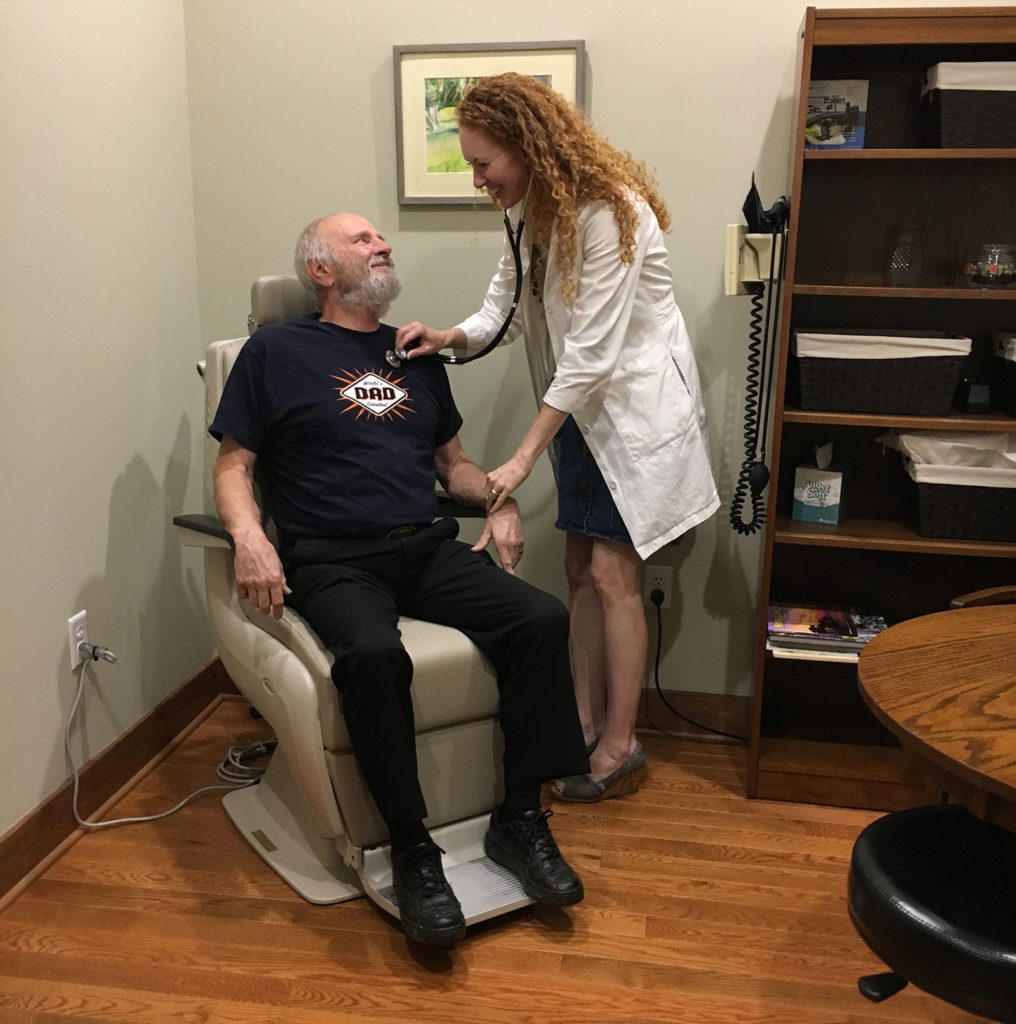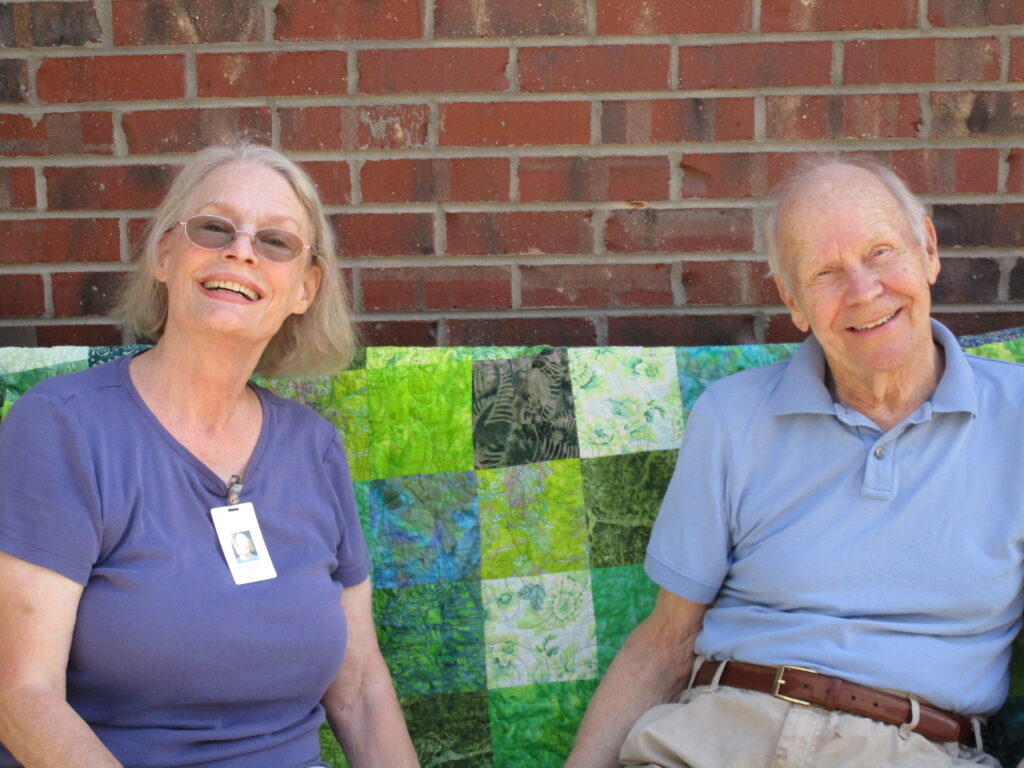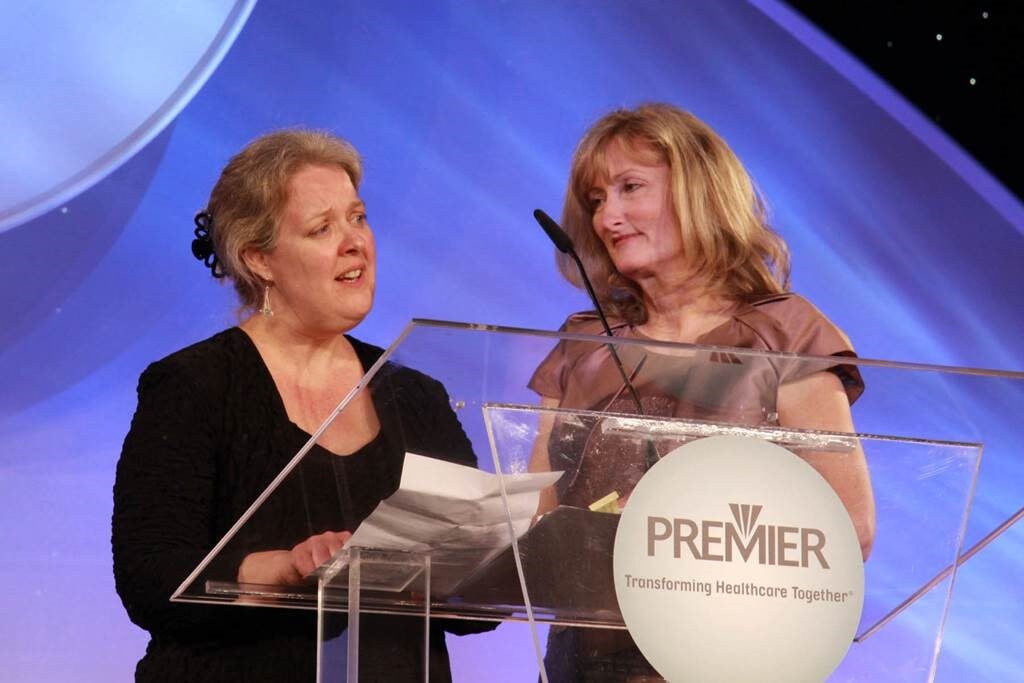What sets us apart?
We are devoted to a model of care that encourages participation by our patients’ caregivers.
MemoryCare was established in 2000 in response to the need for a program that could provide excellent medical care for individuals with cognitive impairment and individualized support services for their families and caregivers. MemoryCare welcomes all caregivers to participate actively in every office visit and engages more than three caregivers for each cognitively impaired person enrolled. The organization’s success is directly related to this unique service that is different from any other in the region.
Through this integrated model of care, MemoryCare physicians are able to develop tailored care plans, plans shared with all caregivers and medical providers who help manage the disease as well as possible. To better care for an individual with memory loss requires time and focused attention on both the individual with memory impairment and their caregiver(s).





